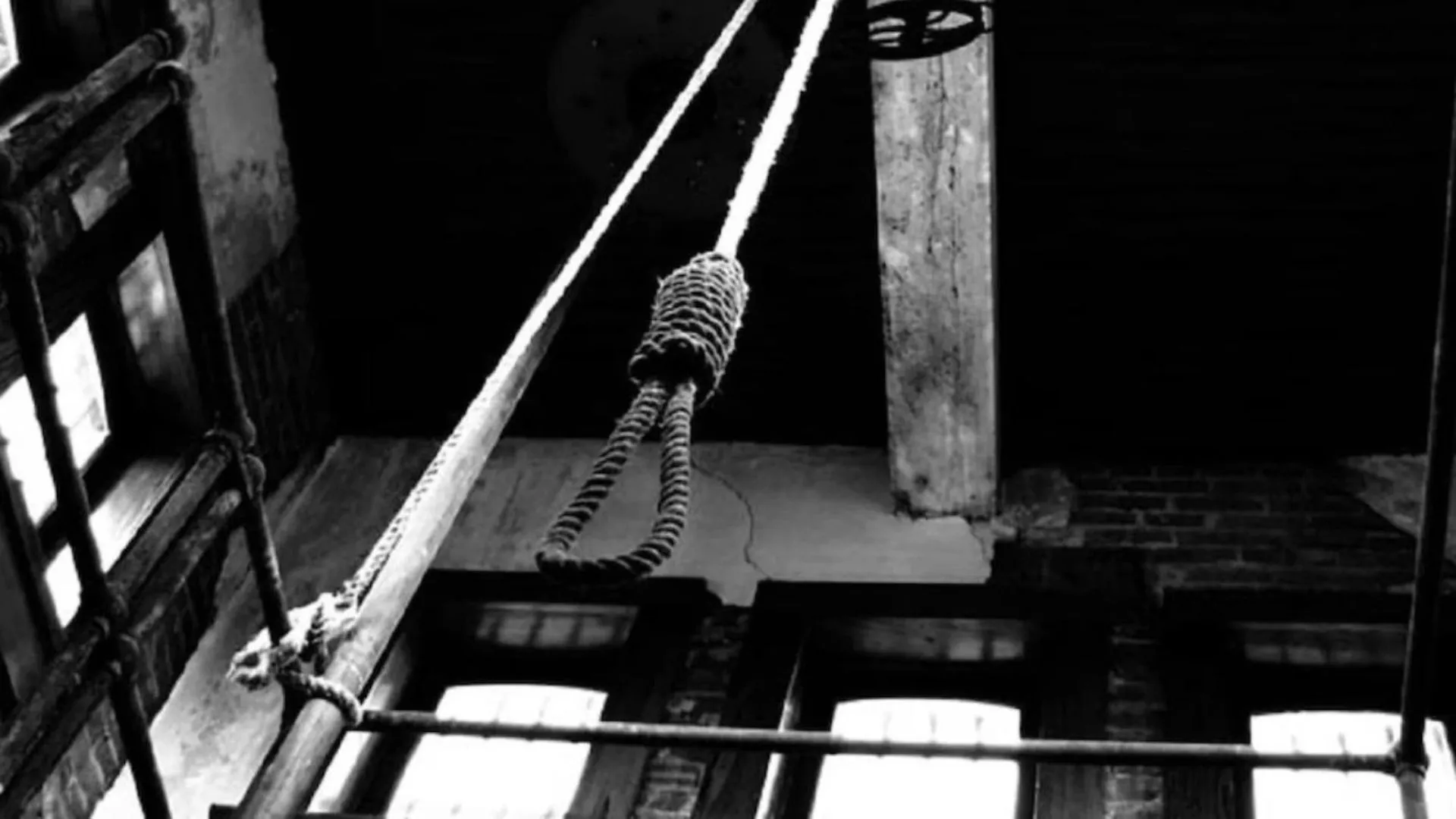A wave of grief has hit Kerala following the execution of two Indian nationals from the state in the United Arab Emirates (UAE). The victims, Muhammed Rinash Arangilottu and Muraleedharan Perumthatta Valappil, were given the death penalty for two different murder cases.
This comes just days after India’s Ministry of External Affairs (MEA) confirmed that Abu Dhabi had executed Shahzadi Khan, a woman from Uttar Pradesh, for the alleged killing of a four-month-old child. These incidents have drawn attention to the alarming number of Indians facing death sentences abroad, with the UAE leading the list.
Recent Executions of Indian Nationals in UAE
The UAE’s top court, the Court of Cassation, affirmed the death penalties of Arangilottu and Valappil, and the executions were conducted on February 28, 2025.
Arangilottu, who is originally from Kannur, used to work at Al Ain travel agency when he was arrested for the suspected killing of a UAE citizen. His mother had approached Kerala Chief Minister Pinarayi Vijayan and said her son had responded in self-defense when he was being abused by a mentally disturbed Emirati.
MEA officials confirmed that legal and consular aid had been extended to the two men but it could not reverse the judgment.
In a similar vein, Shahzadi Khan, a 33-year-old Uttar Pradesh woman, was executed in the UAE after being found guilty of killing an infant she was taking care of. Her family affirmed her innocence, blaming a medical error instead, but their calls fell on deaf ears.
UAE Paces Indians on Death Row Overseas
According to government data from February, 29 Indians are currently on death row in the UAE, making it the highest among foreign nations. Minister of State for External Affairs Kirti Vardhan Singh revealed that a total of 54 Indians have been sentenced to death worldwide.
Furthermore, the UAE houses the second-highest number of Indian prisoners—2,518—just behind Saudi Arabia, which has 2,633 Indian inmates.
Indians Awaiting the Death Penalty in Other Gulf States
Although the UAE is the highest, other Gulf states also hold Indians on death row:
Saudi Arabia: 12 Indians
Kuwait: 3 Indians
Qatar & Yemen: 1 Indian each
Bahrain, Oman, and Iraq have no Indian prisoners under death penalty as of now.
One of the most prominent is the case of Nimisha Priya, an Indian nurse convicted of murder for killing a Yemeni national in 2017. With Yemen’s president sanctioning her execution, her sole recourse now is to seek a pardon by offering blood money (diyah) to the family of the victim.
The Harsh Reality for Indian Migrant Workers
Experts blame the large number of Indians on death row in the Gulf states due to several factors such as oppressive working conditions, denial of access to legal services, and stringent implementation of Sharia law.
The Observer Research Foundation’s Deputy Director, Kabir Taneja, pointed out that Indian migrant workers in the Gulf have their passports taken by employers, and thus they remain vulnerable. Withholding wages and inhumane working conditions could lead people into desperation.
For example, in the case of Nimisha Priya, it is reported that her employer had confiscated her passport so that she could not leave Yemen. In a bid to sedate him and get back her passport, she accidentally killed him.
Fundraising to Avoid Execution
In other cases, Indians on death row have escaped the gallows by paying for their freedom. Indian communities across the globe raised $4 million in 2023 to rescue Kozhikode native Machilakath Abdul Rahim from the gallows in Saudi Arabia. Rahim was condemned to death after an accident killed his employer’s disabled son.
His freedom now awaits a final court nod in Riyadh.
Urgent Need for Diplomatic Intervention
While more Indians remain on death row outside of India, the Indian government is thus increasingly being pressured into offering greater legal aid and intervention. While family members of death row inmates continue to appeal for assistance, they hope against hope for any available options to prevent their loved ones from being executed.






















